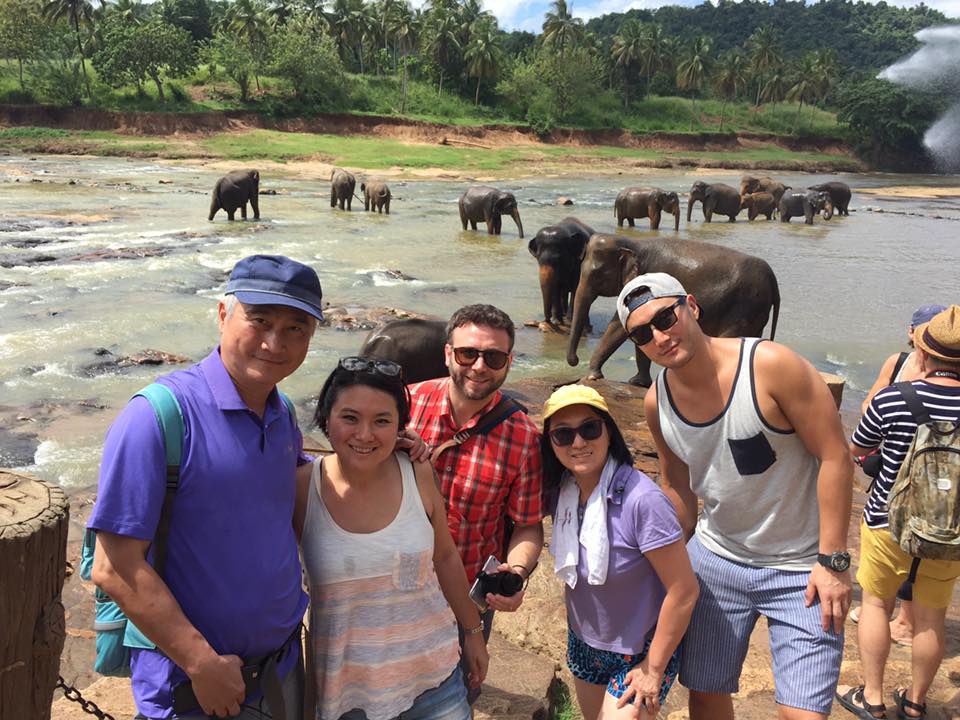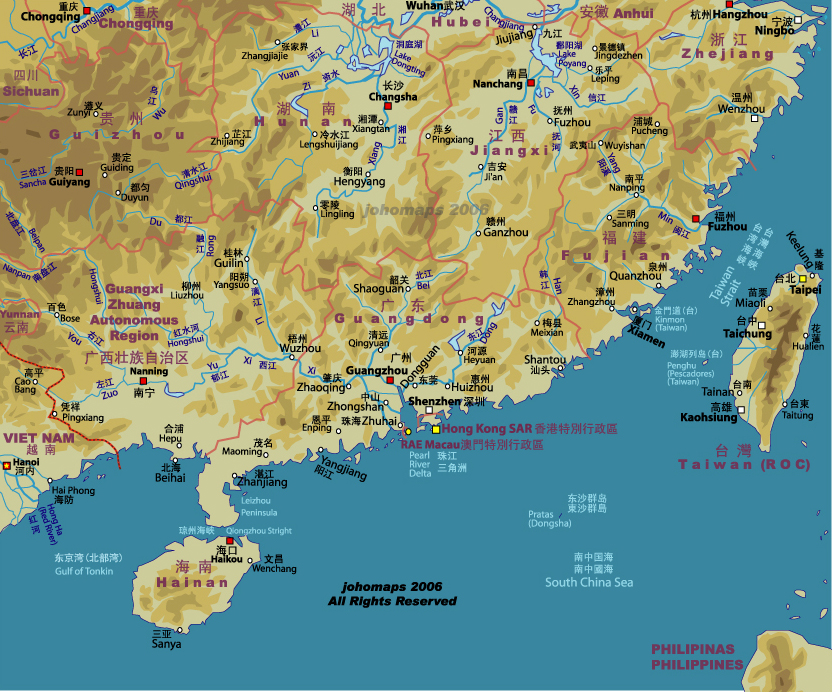
The Belt and Road Initiative (BRI) is a development strategy proposed by the Chinese government to promote economic co-operation between People’s Republic of China (PRC) and countries in Central Asia, West Asia, the Middle East, and Europe—essentially, countries situated on the original silk road. When Xi Jinping proposed the initiative in 2013, he envisioned the integration of the region into a cohesive economic area through investing in local infrastructure, enhancing cultural exchange, and broadening trade.
Does all of this sound too abstract for you? Let me put it in a context that you can relate to.
In 2016, my husband Derek and I went to Sri Lanka for a vacation with my parents and younger brother, Davis. While planning the trip, I asked Mama for her and Baba’s passport details so I could apply for their tourist visas. She sent me scans of their Taiwanese passports.
I called her up. “Why are you using your Taiwanese passports?”
“Oh, our Canadian passports have expired,” She said nonchalantly.
“Whaaaaaaa!” I yelled, “How did you allow that to happen?”
“Calm down. The Taiwanese passports are handy now. We can go to the U.S. without a visa, and we even went to the Czech Republic for your cousin Yoshi’s wedding…”
Since there was no time to renew their passports before our trip, I stopped fussing and used their Taiwanese passports to apply for their visas.
My parents had a rude awakening when we landed in Colombo in November of 2016. Derek used his American passport and Davis and I used our Canadian passports—we entered the country without a hitch. We stood around talking while waiting for our parents, who were right behind us. Ten minutes went by, they still hadn’t joined us. They weren’t even in the queue to see a customs agent.
We waited for another 15 minutes or so. Finally, Davis and I decided to look for them while Derek fetched our luggage. I spoke to an airport staff who told us to trace our steps back to the immigration area and see if we can find our parents there. (I find this bizarre—most countries would never allow this to happen.)
Through the window of an office in the immigration area, we saw our parents. Facing away from us, Baba was filling out a form while Mama looked on. Twenty minutes later, they came out looking visibly impatient and annoyed.
“We had to apply for a visa,” Baba said, “we had to fill out a long form and pay.”
I am not sure why the visa I applied for them wasn’t good enough. However, this minor ordeal was completely forgotten once we left the airport. We toured around Sri Lanka, a country steeped in history, culture, and beauty. We visited the mountains, the historical sites, a baby elephant orphanage and the beach. For the last day of our trip, we returned to Colombo for a city tour.

During the tour, we saw many construction projects for new skyscrapers. We also noticed simplified Chinese characters on the hoardings and around the construction sites— these projects belong to Chinese corporations.
And this, my friends, is why my parents had such an ordeal at the customs. Sri Lanka didn’t officially join the Belt and Road Initiative until December 2017, but Chinese investments obviously affected their visa requirements. To appease China, they had unofficially kowtowed to the One China Policy—this is why their visa process was so fuzzy and confusing when we were there. By now, it’s pretty clear that Taiwanese citizens need a visa prior to landing in Sri Lanka.
The Belt and Road Initiative is China’s new Silk Road. It more than an economic initiative; it is changing diplomatic relationships and more. It has already affected my family.
In some ways, the Belt and Road Initiative can be seen as Chinese colonialism. Stay tuned.
Illustration by Ahmara Smith.





